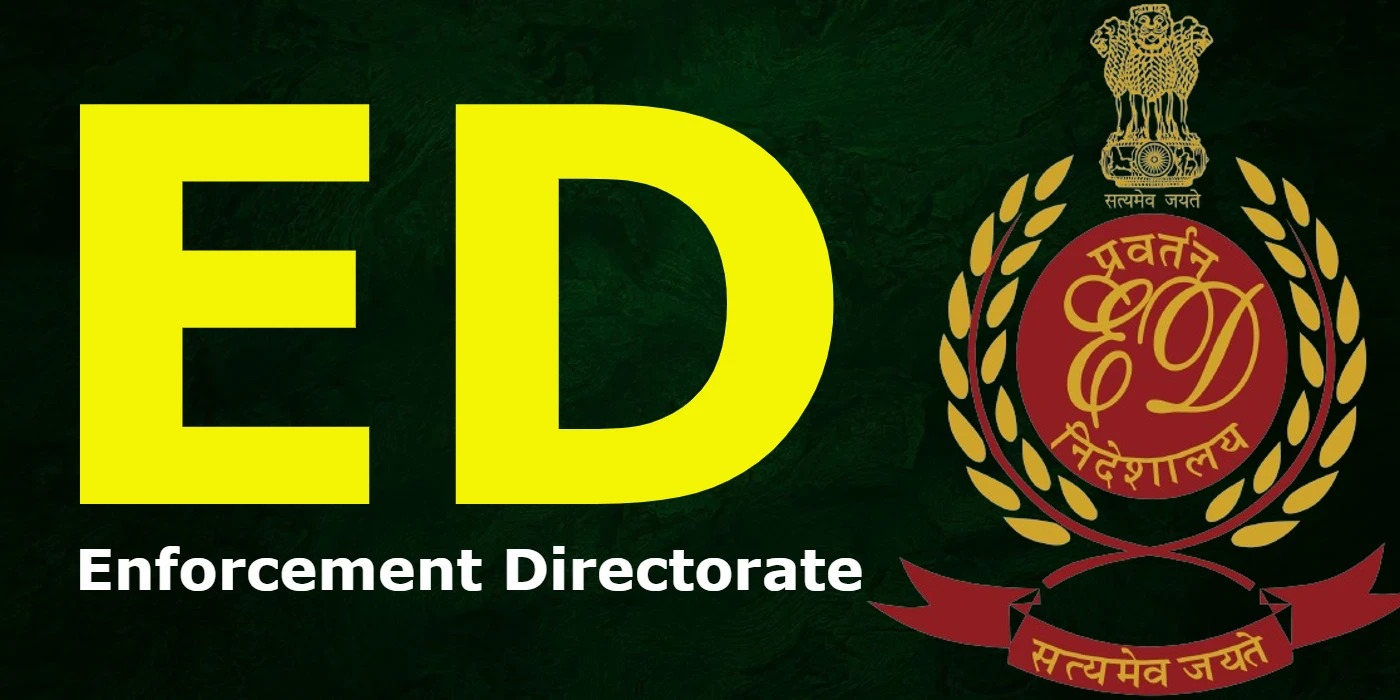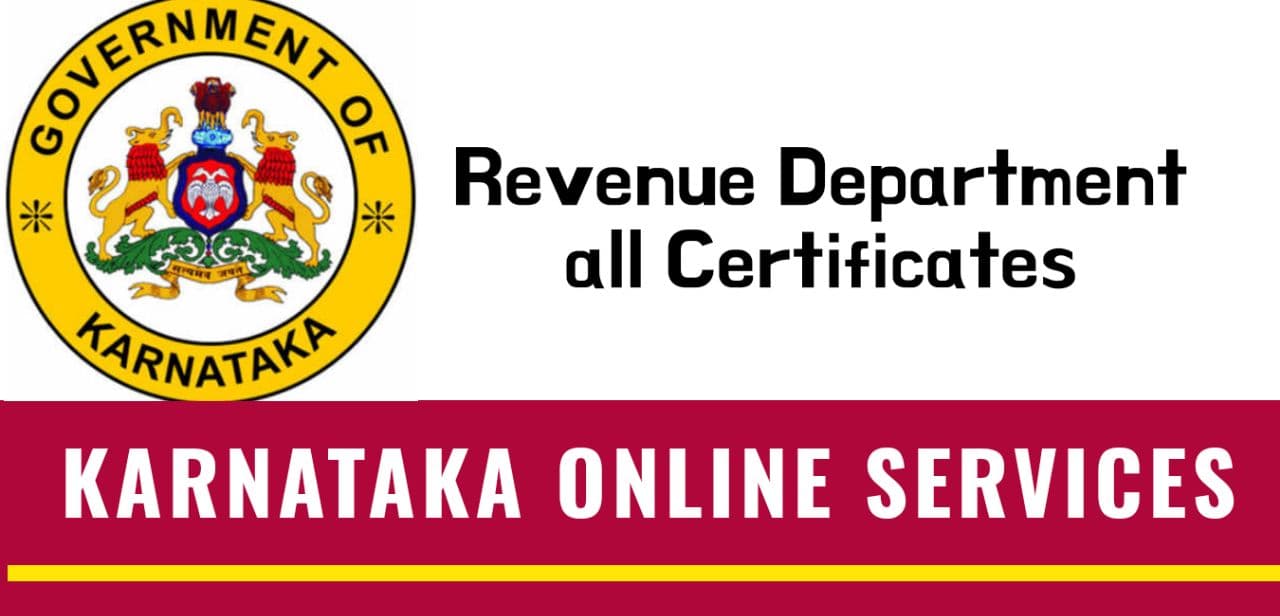@JUDGMENTTAG-ORDER
K.B.K. Vasuki, J.@mdashThe learned Additional Government Pleader takes notice on behalf of the respondents 1 to 3.
2. On consent, this writ petition is taken up for final hearing, at the admission stage.
3. The writ petition is filed against the order of the second respondent dated 14.09.2007 made in his proceedings Na. Ka. No. 2750/01 A2, to quash the same and to consequently direct the respondents 1 and 2 to implement the order of the Assistant Settlement Officer dated 23.03.2001 made in his proceedings Na. Ka. Ta. Pa.A.1/01/2007.
4. According to the petitioner, the lands in question were originally classified as Tamil Nadu Estate (Abolition and Conversion of Ryotwari) Act, 1948 and the same were in possession and enjoyment of the predecessors of the petitioner and others. The petitioner along with 12 persons, who are all the legal heirs of the original holders applied for patta before the Assistant Settlement Officer, Tiruvannamalai. The Assistant Settlement Officer has after conducting a full fledged enquiry, passed an order on 23.3.2001, thereby treating the lands as ryotwari and pattas were directed to be granted in favour of the petitioner and others. Thereafter the petitioner and others sent appropriate representations to the second respondent/ Tahsildar to correct the revenue records in respect of the lands in question on the basis of the order of the Assistant Settlement Officer and on the failure of the second respondent to comply with the order of the Assistant Settlement Officer, the petitioner approached this Court in W.P. No. 12363 of 2002 for issuing appropriate direction to the Tahsildar to carry out the changes in the revenue records as per the order passed by the Assistant Settlement Officer. The writ petition was after hearing both sides disposed of with following direction:
7. Under these circumstances, it would be fit and proper to issue a direction to the second respondent to follow the order of the first respondent, dated 23.03.2001 strictly for making necessary rectification in the revenue records and to classify the lands as one ryotwari lands and to issue notice to the petitioners to have an enquiry over the matter, as expeditiously as possible preferably within a period of 12 weeks therefrom. All the petitioners are permitted to appear before the second respondent and to prove that they are the legal heirs of original patta holders. After doing so, the second respondent is also directed to pass suitable orders for issuing the patta in respect of the lands, which have been in enjoyment of the petitioners as per the rokka patta issued by the erstwhile zamin. Accordingly, orders are passed and the writ petition is ordered. No costs. Consequently, the connected WPMP is closed.
Though the writ petition was disposed of on 3.12.2007 and the order passed therein was not challenged and the order has become final and binding on both parties to the writ petition. However no enquiry was held by the second respondent in compliance with the direction issued by our High court. As a result, the petitioner had to once again make representation in this regard to the third respondent/ District Revenue Officer who inturn has forwarded the same to the second respondent/Tahsildar and the second respondent in his proceedings dated 14.9.2007 passed an order to the effect that the first respondent has directed him to keep the order of the Assistant Settlement Officer in abeyance until further orders and the third respondent/District Revenue Officer has directed him not to effect any correction in the revenue records and not to issue patta to the petitioner and as the revision petition filed against the order of the Assistant Settlement Officer is also pending before the first respondent, the request of the petitioner cannot be considered at this stage. The correctness and the validity of such order is now challenged by the petitioner in this writ petition.
5. The learned Counsel for the petitioner would seriously contend that the official respondents having suffered an order by way of direction in the hands of the High court, have no option but to comply with the same unless and otherwise it is modified in the manner known to law. It is further argued by the learned Counsel for the petitioner that the action of the respondent in rejecting the petitioner''s representation is not only illegal and without jurisdiction but also amounts to disobedience of the direction issued by the High Court.
6. Per contra, the learned Additional Government Pleader would attempt to justify the impugned order on the ground that the revision petition filed against the original order of the Assistant Settlement Officer is pending and pending revision, the order of the Assistant Settlement Officer cannot be implemented.
7. I have considered the rival submissions made on both sides and perused the materials available on record.
8. Though the second respondent/Tahsildar has cited in the reference column various communications received from the first respondent, the third respondent/District Revenue Officer and the Tahsildar, Chengalpattu as ground for his non-compliance of the direction issued by the High Court, the copies of the communications are not made available before this Court. The learned Additional Government Pleader has when directed him to ascertain the stage of the revision referred to in the order impugned herein, replied that the file relating to the revision petition is found to be missing and the concerned officer is making all efforts to reconstruct the papers.
9. Be that as it may, our High Court has disposed of the writ petition on 3.12.2007 in the presence of the learned Government Advocate representing the Assistant Settlement Officer and the then Tahsildar. The High court has while disposing of the writ petition, issued specific direction to the second respondent/Tahsildar only after discussing the correctness and the validity of the order passed by the first respondent and after finding the nature of duty cast upon the second respondent. The High court has in para 6 of the order discussed as to how the second respondent is bound to make necessary changes in village and Taluk Accounts by treating the lands in question as ryotwari land and as to how the petitioners are entitled to patta in respect of the lands in their favour. Only after discussing the validity and the enforceability of the order of the Assistant Settlement Officer, the High court proceeded to issue specific direction to the second respondent/Tahsildar to give effect to the order of the Assistant Settlement Officer by holding formal enquiry upon the legal heirship of the petitioners therein and the original patta holders.
10. The terms of the direction issued in para 7 of the earlier order of our High court would reveal that the second respondent has no option but to give effect to the order of the Assistant Settlement Officer. Though the communications of the first respondent, third respondent/District Revenue Officer and the Tahsildar based on which the impugned order has been passed by the second respondent are of the year 2001, the same have not been brought to the notice of the High court while disposing of the earlier writ petition during 2007. The order of the High court dated 3.12.2007 would reveal that the order has been passed after hearing the learned Additional Government Pleader appearing for the respondents 1 and 2. Even assuming it to be true that the order has been passed at the admission stage, the second respondent could have subsequently moved the High court for any review or modification of the earlier order in the manner known to law. Having failed to do so, the second respondent/Tahsildar has no authority to refuse to comply with the direction of our High court in the matter of implementation of the order of the Assistant Settlement Officer on any of the grounds mentioned in the impugned order. On this score alone, the impugned order is liable to be set aside and the petitioner is hence entitled to get the relief as sought for herein.
11. In the result, the writ petition stands allowed as prayed for and the second respondent is directed to implement the order of the Assistant Settlement Officer dated 23.3.2001 made in Na. Ka. No. Ta. Pa.A.1/01/2007 in the manner as directed by our High Court in the order dated 3.12.2007 in W.P. No. 12363 of 2002 within 8 weeks from the date of receipt of the copy of this order. No costs. Consequently, connected miscellaneous petition is closed.

